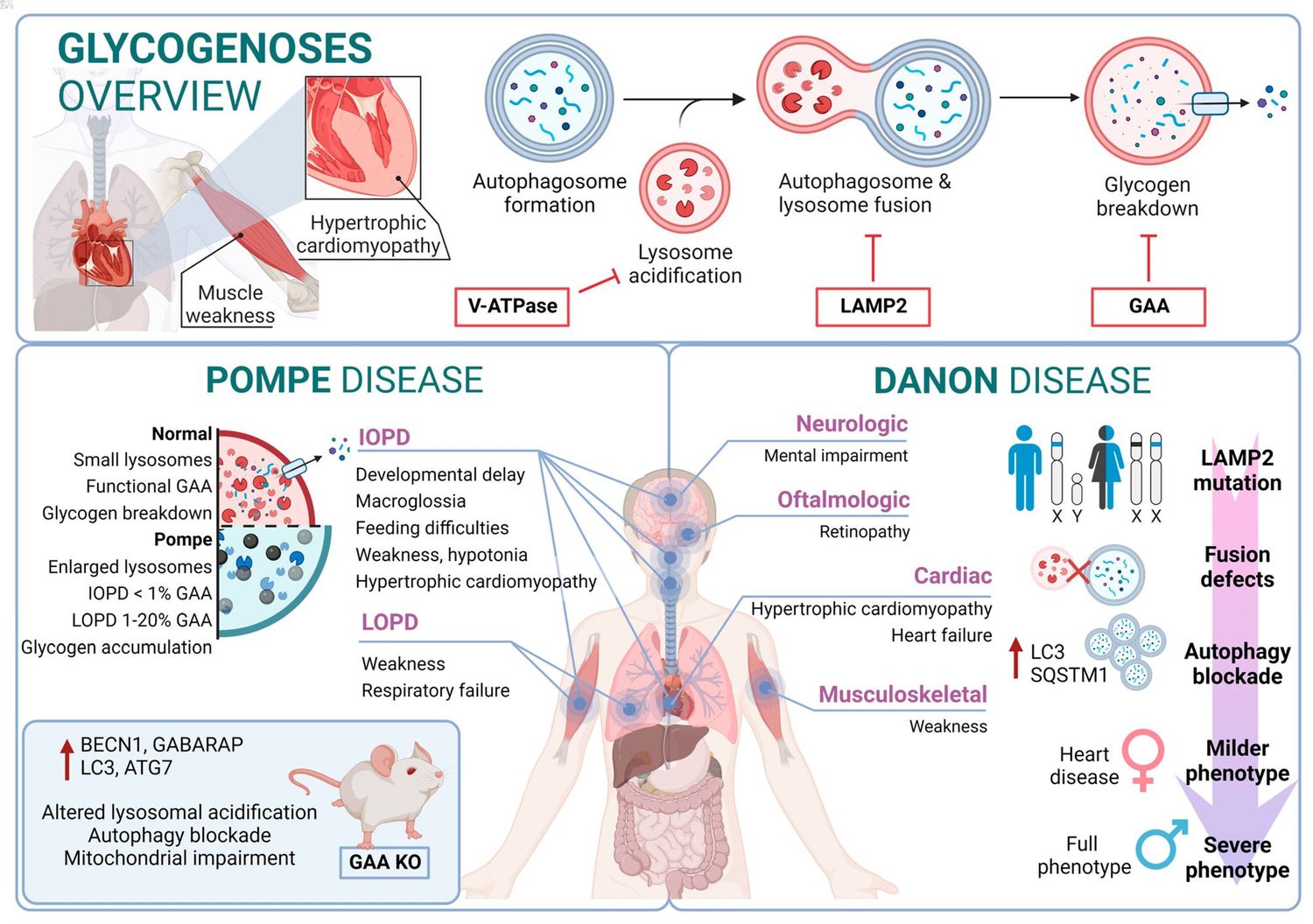
Lysosomal Beta-Mannosidase Deficiency is a rare genetic disorder that affects the body's ability to break down certain sugars. This condition results from mutations in the MANBA gene, leading to a buildup of complex sugars in the lysosomes, which are the cell's recycling centers. Symptoms can vary widely but often include developmental delays, intellectual disability, and motor skill issues. Early diagnosis is crucial for managing the condition effectively. Understanding this disorder can help families and healthcare providers make informed decisions about treatment and care. Let's dive into 25 essential facts about this rare but impactful condition.
Key Takeaways:
- Lysosomal Beta-Mannosidase Deficiency is a rare genetic disorder causing various symptoms like developmental delay, intellectual disability, and hearing loss. Early diagnosis and supportive therapies can improve quality of life.
- Ongoing research for Lysosomal Beta-Mannosidase Deficiency includes gene therapy and clinical trials for new treatments, offering hope for better management and potential future cures.
What is Lysosomal Beta-Mannosidase Deficiency?
Lysosomal Beta-Mannosidase Deficiency is a rare genetic disorder that affects the body's ability to break down certain complex sugars. This condition can lead to a variety of symptoms and complications.
- Lysosomal Beta-Mannosidase Deficiency is caused by mutations in the MANBA gene.
- The MANBA gene provides instructions for making an enzyme called beta-mannosidase.
- Beta-mannosidase is responsible for breaking down complex sugars called mannose-containing oligosaccharides.
- When beta-mannosidase is deficient, these sugars accumulate in the lysosomes, leading to cellular dysfunction.
Symptoms of Lysosomal Beta-Mannosidase Deficiency
The symptoms of this condition can vary widely among affected individuals. Here are some common symptoms associated with Lysosomal Beta-Mannosidase Deficiency.
- Developmental delay is often one of the first signs of the condition.
- Affected individuals may experience intellectual disability.
- Hearing loss is a common symptom.
- Speech difficulties can occur due to the condition.
- Muscle weakness and poor muscle tone are frequently observed.
- Some individuals may have seizures.
Diagnosis of Lysosomal Beta-Mannosidase Deficiency
Diagnosing this condition involves several steps, including genetic testing and enzyme assays.
- Genetic testing can identify mutations in the MANBA gene.
- Enzyme assays measure the activity of beta-mannosidase in blood or tissue samples.
- MRI scans may be used to detect brain abnormalities associated with the condition.
- Hearing tests can help identify hearing loss early on.
Treatment Options for Lysosomal Beta-Mannosidase Deficiency
While there is no cure for this condition, various treatments can help manage symptoms and improve quality of life.
- Physical therapy can help improve muscle strength and coordination.
- Speech therapy may assist with communication difficulties.
- Hearing aids can be beneficial for those with hearing loss.
- Anti-seizure medications can help control seizures.
- Occupational therapy can aid in daily living skills.
Prognosis and Life Expectancy
The prognosis for individuals with Lysosomal Beta-Mannosidase Deficiency can vary based on the severity of symptoms and the effectiveness of treatments.
- Life expectancy can be normal or near-normal with appropriate management.
- Quality of life can be significantly improved with early intervention and supportive care.
- Some individuals may experience progressive worsening of symptoms over time.
- Regular monitoring by healthcare professionals is essential for managing the condition.
Research and Future Directions
Ongoing research aims to better understand Lysosomal Beta-Mannosidase Deficiency and develop new treatments.
- Gene therapy is being explored as a potential treatment option.
- Clinical trials are ongoing to test new medications and therapies.
Understanding Lysosomal Beta-Mannosidase Deficiency
Lysosomal Beta-Mannosidase Deficiency, a rare genetic disorder, affects the body's ability to break down certain sugars. This leads to a buildup of complex sugars in cells, causing various symptoms like developmental delays, hearing loss, and immune system issues. Early diagnosis and intervention can improve the quality of life for those affected. Genetic testing plays a crucial role in identifying this condition, allowing for better management and care. While there's no cure yet, ongoing research offers hope for future treatments. Raising awareness about this disorder is essential for early detection and support. By understanding the challenges faced by individuals with Lysosomal Beta-Mannosidase Deficiency, we can foster a more inclusive and supportive environment. Stay informed, spread the word, and contribute to a brighter future for those living with this condition.
Frequently Asked Questions
Was this page helpful?
Our commitment to delivering trustworthy and engaging content is at the heart of what we do. Each fact on our site is contributed by real users like you, bringing a wealth of diverse insights and information. To ensure the highest standards of accuracy and reliability, our dedicated editors meticulously review each submission. This process guarantees that the facts we share are not only fascinating but also credible. Trust in our commitment to quality and authenticity as you explore and learn with us.
